Philosophers often fantasize about starting from facts “given” by sense perception, building up the rest of their beliefs from this foundation. But this is a fantasy because sense experiences are themselves partly constructed by our prior beliefs: sense perception and thought seep into one other. But, argues Christopher Mole, this doesn’t mean that perception is always biased in favour of our prior convictions: on the contrary, the influence of belief on perception can help us better navigate the world.
Solvers of sudoku know that one sometimes gets into such a muddle that there is nothing for it but to start again. Errors in one place bring others in their train, so that the best thing to do may be to go back to a point before any error could have been made, discarding everything except for the numbers that were given initially. Philosophers have often fantasized about making a similarly fresh start with the whole assembled body of our beliefs, putting aside all of our variously acquired opinions – some of which will surely have been picked up erroneously – and going back to whatever facts were given to us in sense perception, before any erroneous assumptions had a chance to lead us astray.
___
The experiences that we have when we see or hear something are partly shaped by our beliefs, so that perceiving the world is not an unbiased way of being “given” facts about it.
___
Although it may be a useful exercise in humility to imagine making such a fresh start, it would be fanciful to suppose that anyone could really go through with making one. It is just too difficult to know whether one has managed to set one’s beliefs aside: their influence is too pervasive, and too subtle, and this includes an influence on perception itself. The experiences that we have when we see or hear something are partly shaped by our beliefs, so that perceiving the world is not an unbiased way of being “given” facts about it. Sometimes this might prevent perceptual experience from providing us with an impartial source of evidence, but it would be a mistake to suppose that it is always a hinderance to our capacity for accessing reality.
Clinical drug trials provide one illustration of the way in which our beliefs can skew our experiences. In most such trials some of the participants are given a drug, and are told about its possible effects and side-effects, while others are told about these same effects and side effects whilst being given a placebo. It is common for around a quarter of those in the placebo group to drop out, on the grounds that they are experiencing unwelcome side-effects. Some of these people will, by chance, have fallen ill, and are mistaking the symptoms of that illness for side-effects of the treatment that they believe themselves to be receiving. Others will be making excuses for withdrawing for other reasons. But there do seem to be some for whom the expectation of side-effects is by itself enough to cause an experience of those effects, just as there are some for whom taking the placebo leads to an experience of improvements in their symptoms.












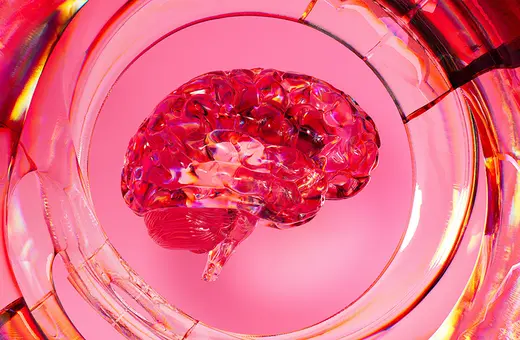
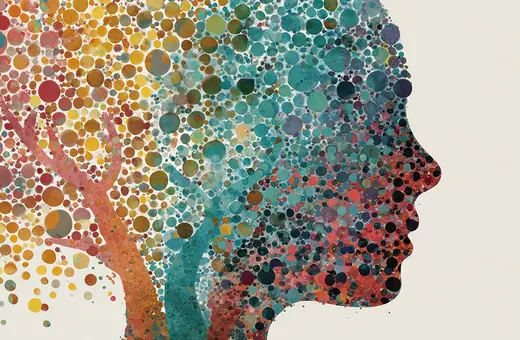
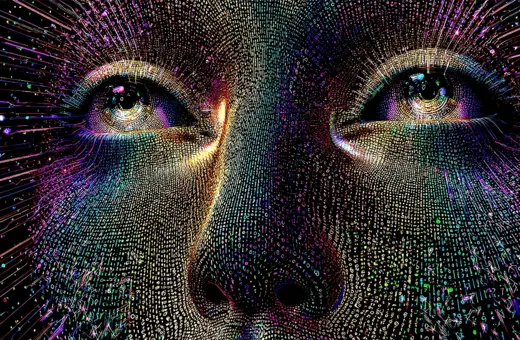
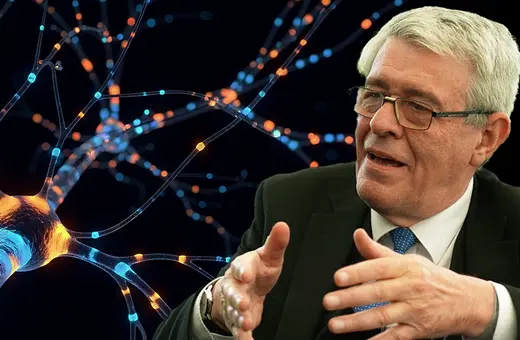
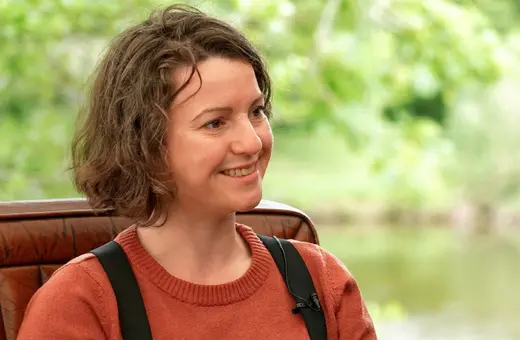




Join the conversation